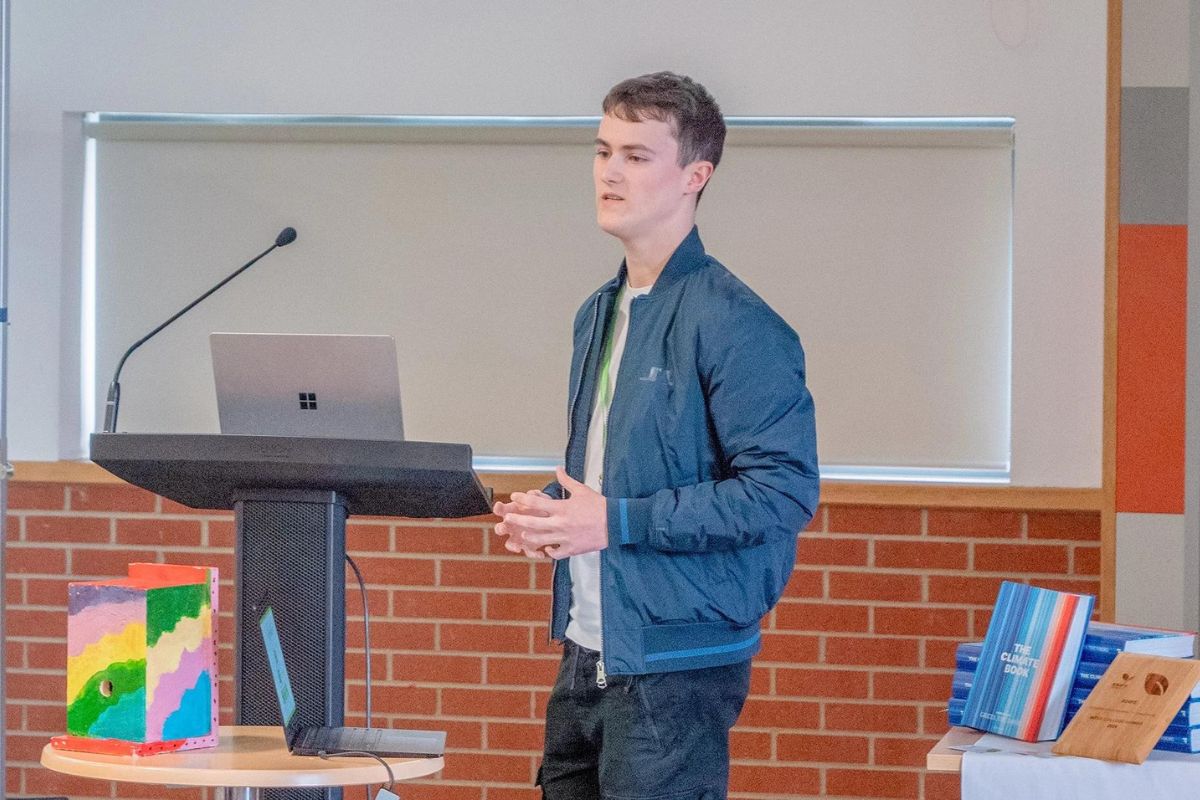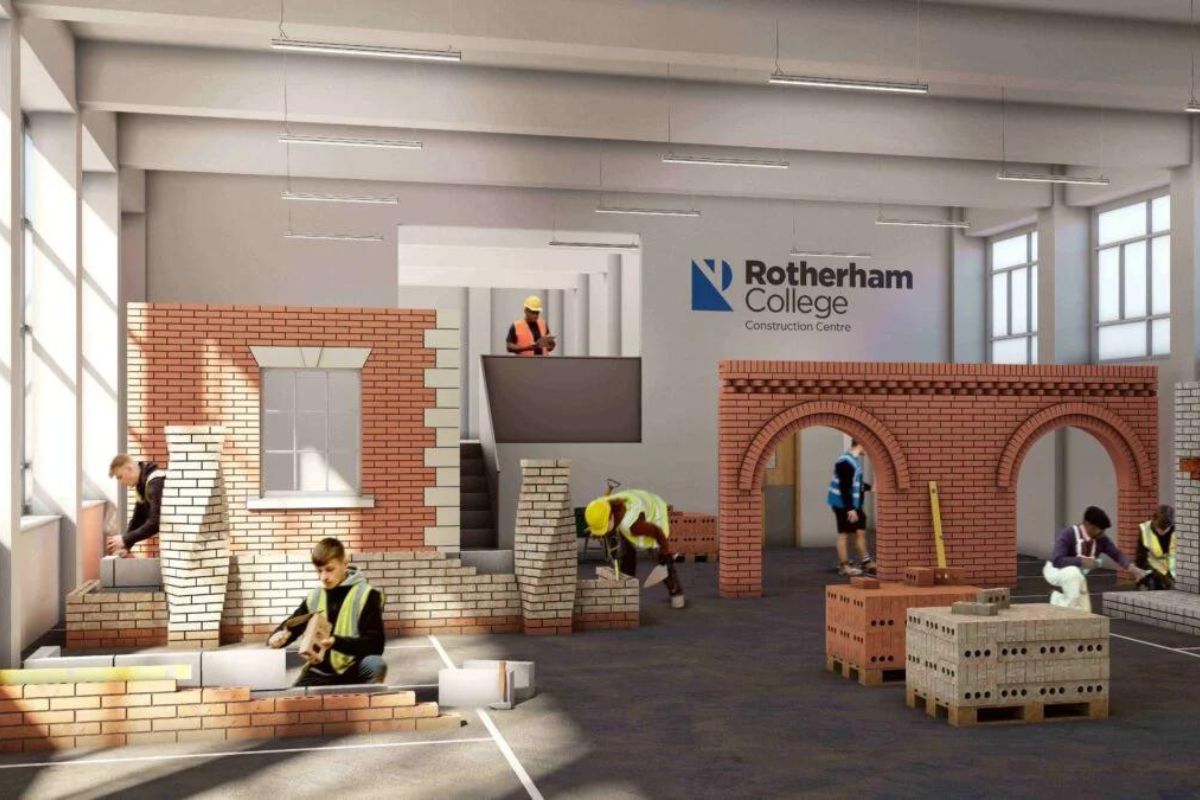How do we create an education system with lifelong learning at its heart?

Lifelong learning and adult education has never been so important. It plays a critical role as the economy continues to recover and rebuild itself post pandemic, reshaped by the challenges of the past few years and the continuing evolution of the labour market thanks to disrupters such as AI and the race to Net Zero.
People entering the workforce today will most likely be working fifty years, and the skills they have at 18 or 21 will need a significant update throughout their careers. And with the UK Government on a mission to level up opportunity across the country, we need to ensure we have the mechanisms in place that allow people of all ages, in all regions of the country, to learn, train and remain employable throughout their lives.
In last week’s Queen’s Speech, a commitment to delivering a new lifelong loan entitlement was made. This will allow individuals to access a loan entitlement equivalent to four years of post-18 education to use over their lifetime. But it is worth highlighting that this will not be made available to people until 2025 – which will be too late for some people who then fall out of the system or end up languishing in low paid low skilled work for years to come needlessly.
As we also heard in the Speech, the Government is taking strides in making lifelong learning the bedrock of our new education system. Allowing people to have the funding and flexibility to tap into the education system as and when it works for them in their lifetimes, and have the financial backing to do so, is very much a step in the right direction. However, clearer career pathways need to be determined for individuals to be more inclined to access this funding. Without being able to see what their investment will get them, there Is not a precedent for self-funding skills and training In this country and people will need persuading that their investment will reap rewards.
Despite some positive steps, these measures simply don’t go far enough – we need to be much more radical and innovative in how we rethink our approach to lifelong learning. With the whole FE sector pivoting towards digital and blended learning in response to the pandemic, we should be utilising this momentum to ensure skills and education provision reflects the move to more online solutions that can be flexible around people’s lives. Small policy changes just won’t cut it – we need a cultural shift which allows people to choose when, and how, they study. But also, for individuals to be aware of and have the choice of where their learning could take them in terms of a career.
And not only is this about giving people autonomy over their working lives. Creating a system that has lifelong learning at its heart is even more important in the context of the post Covid-19 and Brexit economic recovery. We’re currently facing stark challenges in filling vacancies with the ONS stating this week that there are now 1.3 million open vacancies, and rectifying this and getting back up on our feet will be impossible unless we devote attention to the huge skills shortages across some of the country’s most vital industries. The bottom line is that economic recovery will require us being able to tap into all of our country’s talent through a system of lifelong learning which allows people to train or retrain at any point in their career.
It’s clear that employers and the Government need to support a seismic shift in our education and skills system geared towards lifelong learning.
So, what can Government and employers do to support this?
Going forward, the Government needs to reset strategies away from short term ‘back to work’ initiatives that were put in place before the pandemic, to focus on the creation of sustainable employment pathways and opportunities that we need to power our economy today, and tomorrow.
They should also simplify the current adult education model to reduce overlap of initiatives and constraints around eligibility – and ensure that our education system is flexible, accessible, and enables and empowers joined-up pathways so that careers can be built in a personal way.
As well as this, educators and businesses should reform their training provision to deliver learning in a way that suits how people want to consume information – digitally enabled and flexible learning. They should also introduce bite-sized learning that allows people to dip in and out of education so that they can ‘top-up’ their skills throughout their lives.
I am beyond proud that at City & Guilds, we strive every day to create learning pathways that are flexible for all, support lifelong learning and employability, and contribute to the levelling up of skills across the UK.
But now is the time for Government and business to also take steps towards creating an education and training system that allows people to thrive in their careers through the creation of a culture of lifelong learning that is inclusive and appealing for all.













Responses